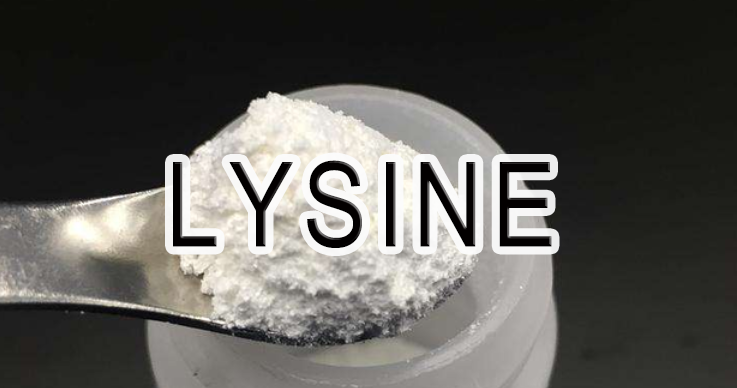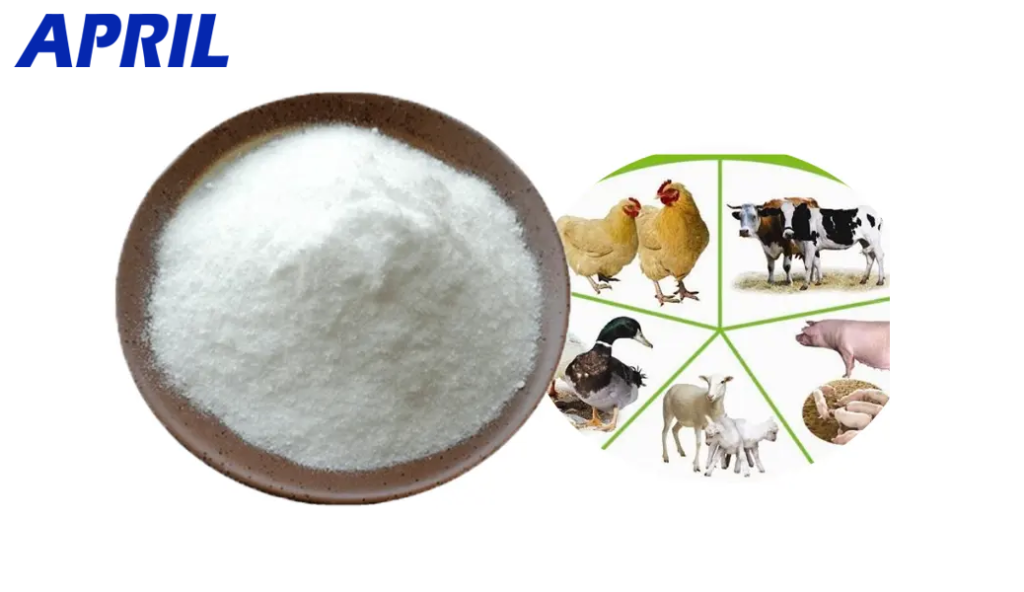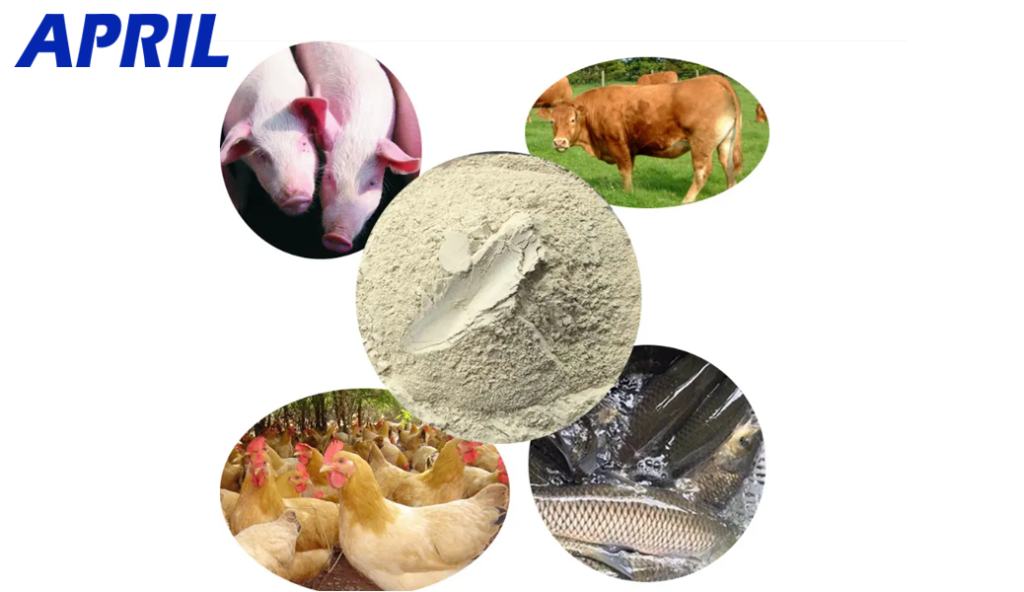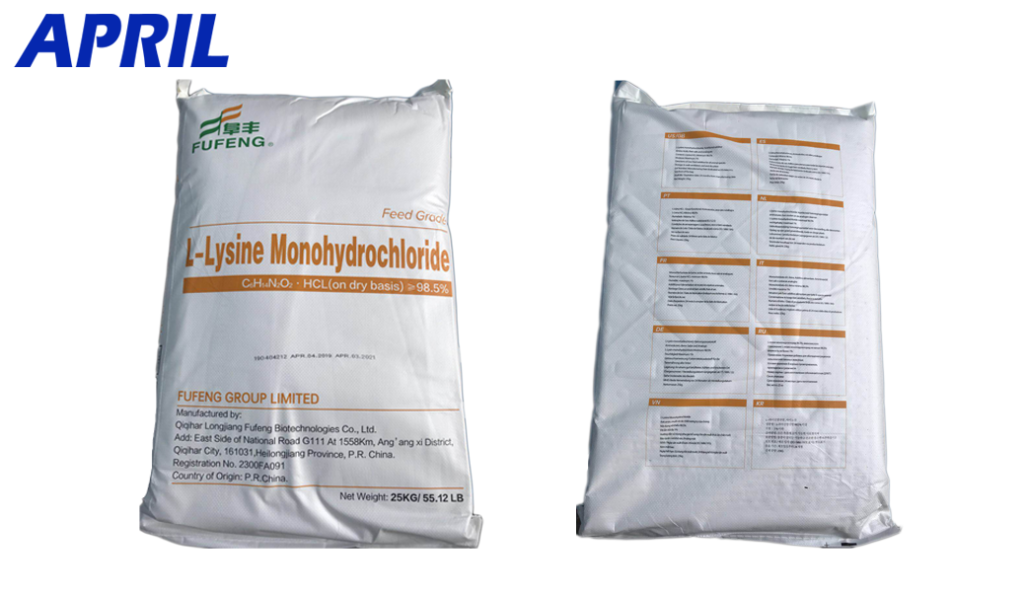
Introduction
Lysine is an essential amino acid that plays a vital role in the growth, development, and overall health of animals. It is one of the building blocks of proteins and is crucial for various physiological functions. As animals cannot synthesize lysine on their own, it must be provided through their diets. Lysine is commonly included in animal feed as a feed additive to ensure optimal growth, reproduction, and overall performance
Classification:
Lysine is classified as an essential amino acid due to its importance in animal nutrition. It falls under the category of limiting amino acids, meaning that its availability in the diet can impact the synthesis of proteins. There are two forms of lysine: L-lysine and DL-lysine. DL-lysine is a synthetic form created by microbial fermentation, and it is more stable and bioavailable compared to L-lysine. Both forms are used as feed additives to address lysine deficiencies in animal diets

Advantages:
Growth Promotion: Lysine is a key component for the synthesis of muscle tissue and proteins. Including lysine in animal feed can lead to improved growth rates and higher lean meat production.
Feed Efficiency: Lysine supplementation enhances feed conversion efficiency, meaning that animals require less feed to achieve their growth targets. This can contribute to cost savings in feed production.
Improved Reproduction: Lysine is essential for reproductive processes, including embryonic development and fertility. Adequate lysine levels in the diet can lead to better reproduction rates and healthier offspring
Disease Resistance: Lysine plays a role in maintaining a strong immune system. Animals with sufficient lysine intake are better equipped to resist diseases and recover faster from health challenges.
Reduced Environmental Impact: By optimizing feed efficiency and growth rates, lysine supplementation can reduce the environmental footprint of animal agriculture by minimizing feed waste and resource usage.
Application/Uses:
Poultry Farming: Lysine is commonly added to poultry feed to support rapid growth, feather development, and egg production.
Swine Production: Swine diets are often deficient in lysine, making supplementation essential for proper growth, reproductive performance, and meat quality.
Aquaculture: Lysine is included in fish and shrimp feeds to enhance growth and ensure the efficient utilization of feed resources.
Livestock Farming: In cattle and other livestock, lysine supplementation contributes to improved growth rates and muscle development.
Pet Food: Lysine is also incorporated into pet food formulations to support the nutritional needs of dogs and cats.

In conclusion, lysine is a crucial feed additive that bridges the nutritional gap in animal diets, promoting growth, health, and productivity. Its inclusion in animal feeds across various sectors of agriculture underscores its importance in meeting the dietary requirements of animals for optimal performance and overall well-being.
With a robust production capability and effective supply chain management, we can meet market needs. Producing over 12,000 tons each year, we serve both small sample inquiries and big bulk demands. Our focus is on customer contentment, aiming to create lasting relationships and shared progress. We aim to achieve ongoing improvement and excellent assistance, driving mutual growth and achievement.
Our products meet the highest industry standards, ensuring reliability. We prioritize satisfaction with personalized services and excellent support.

